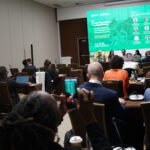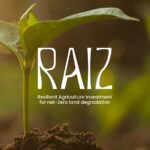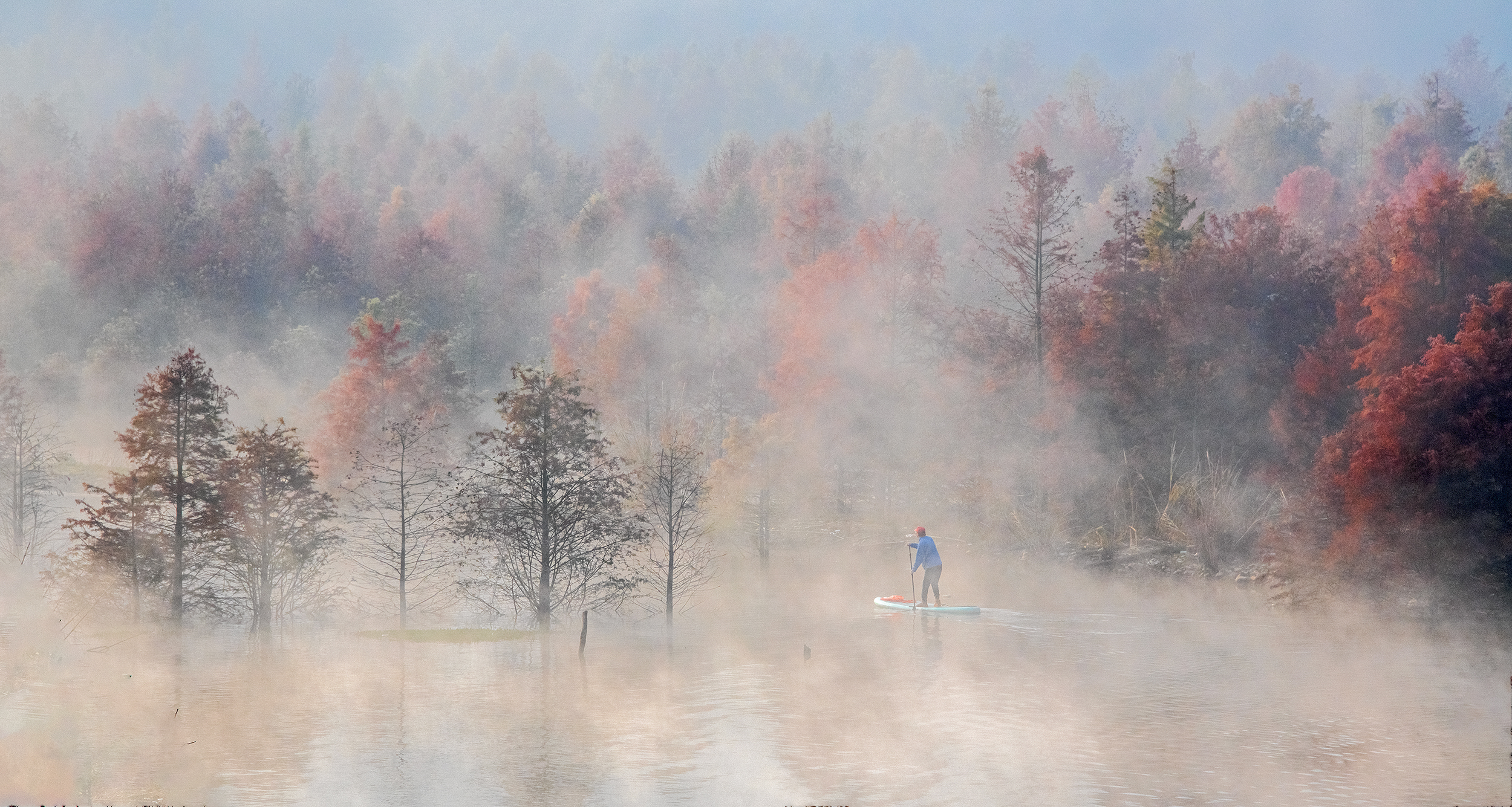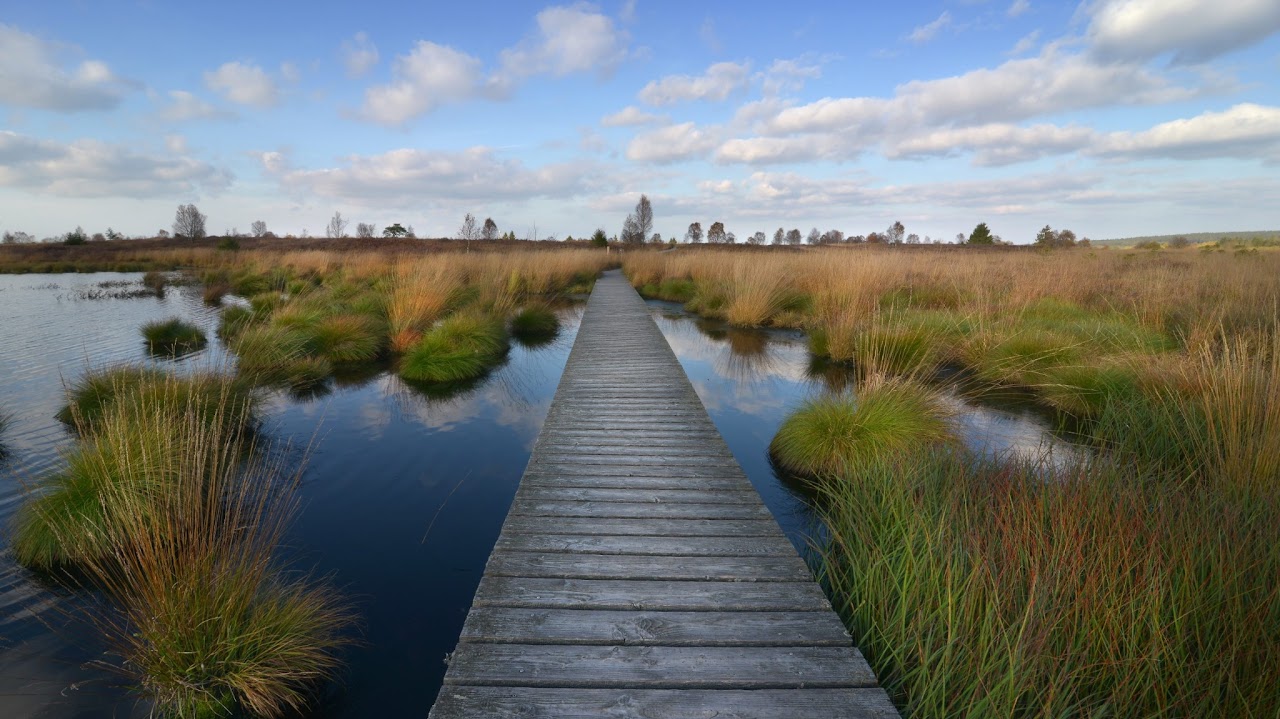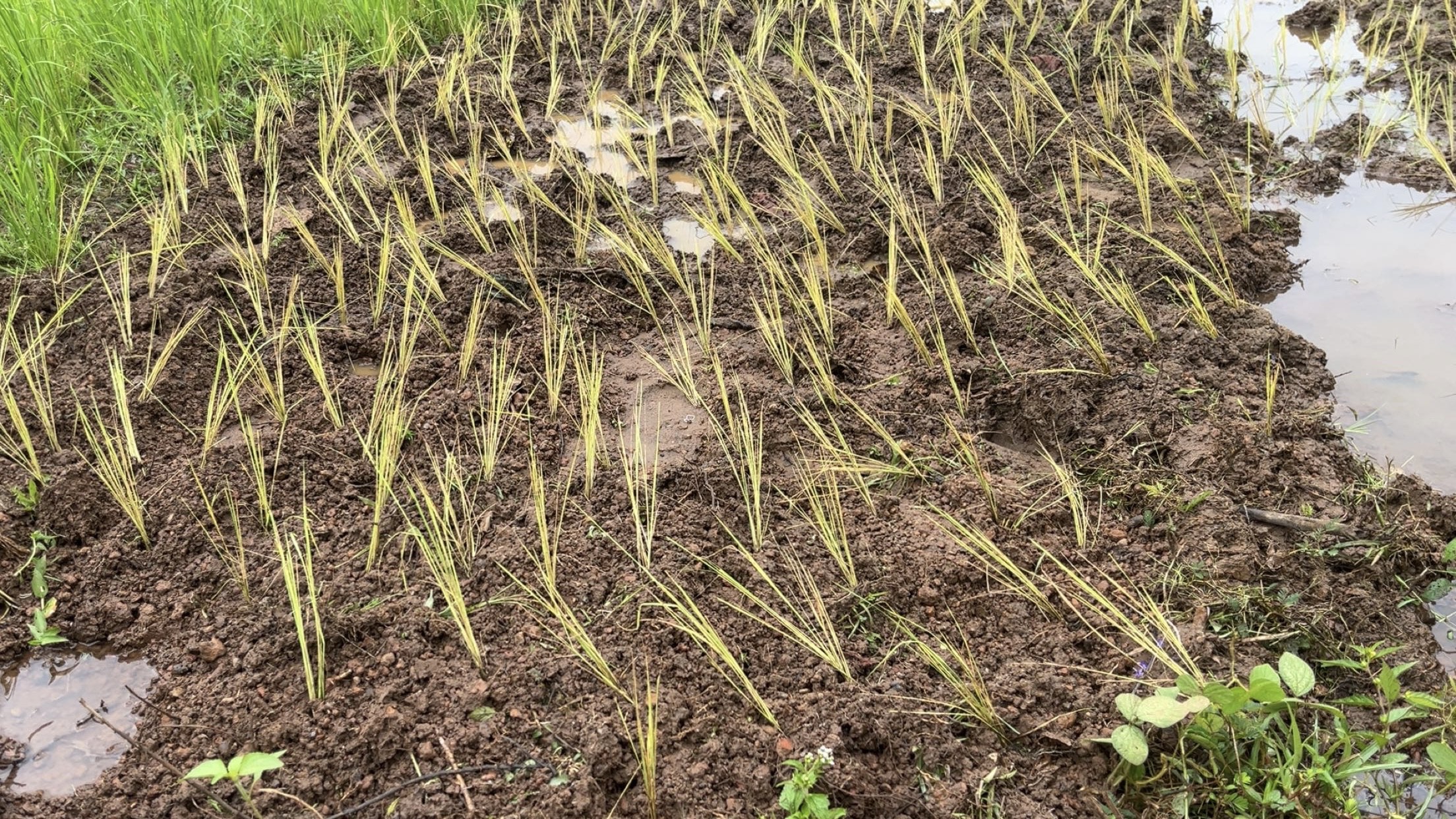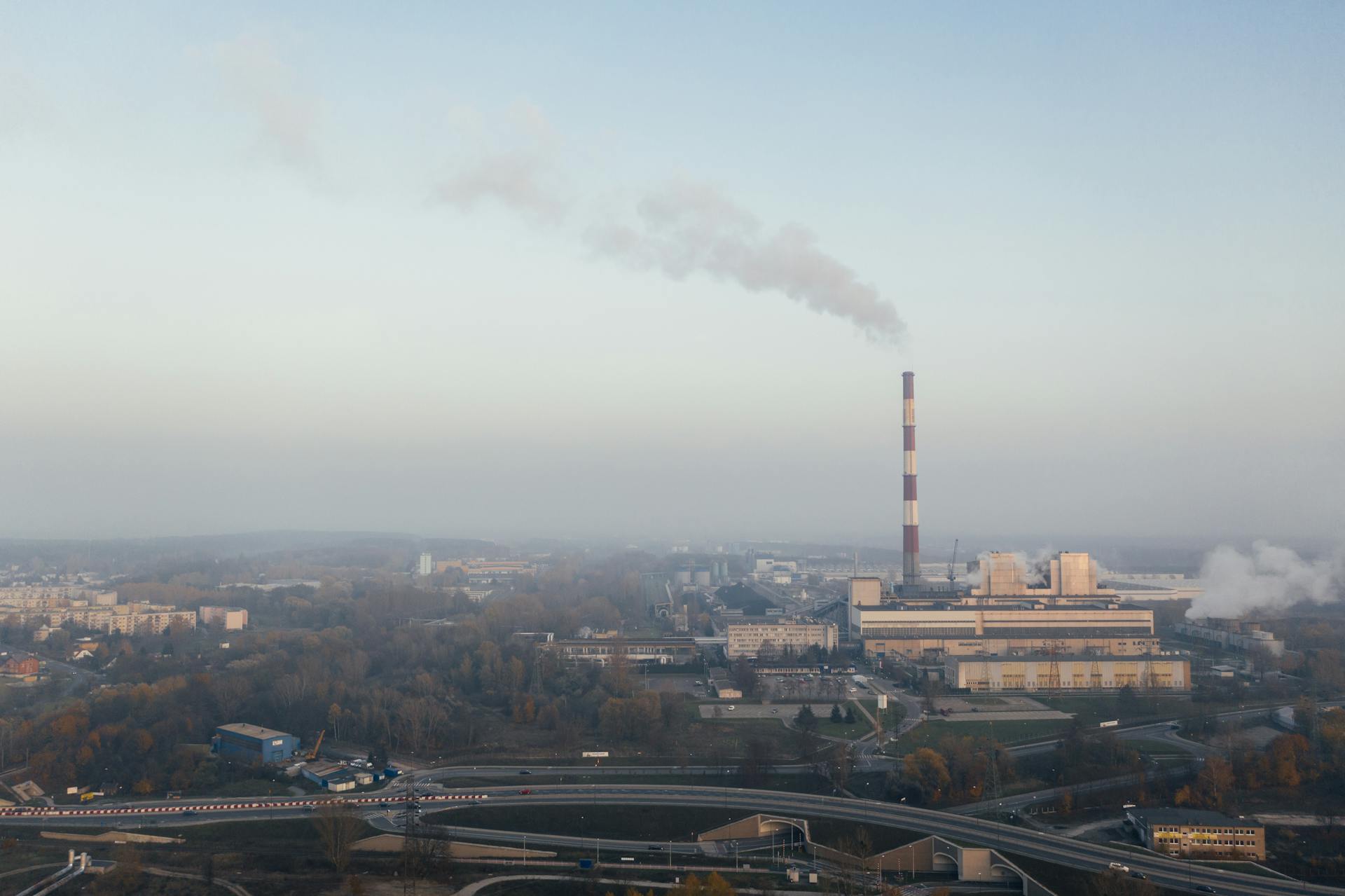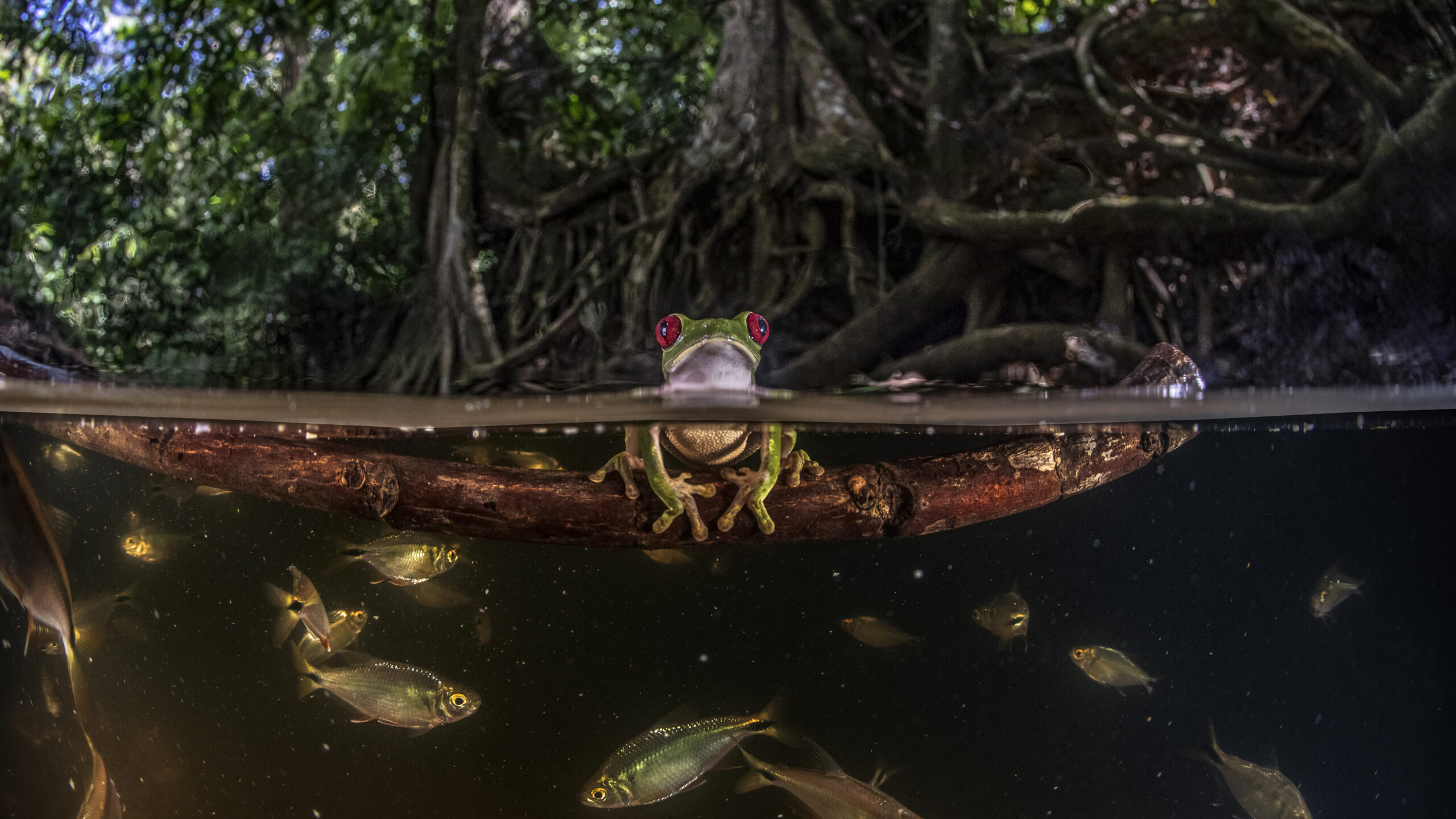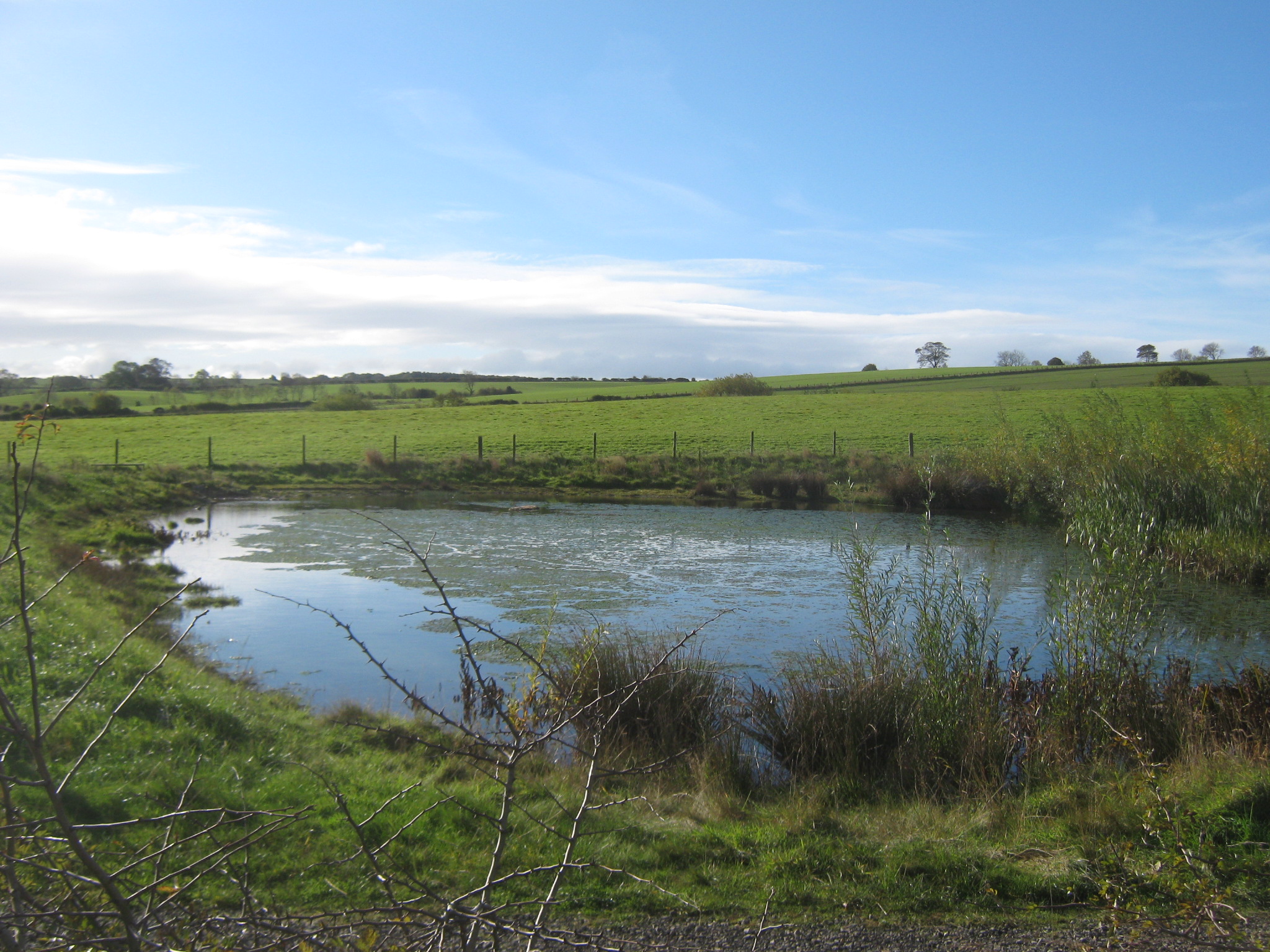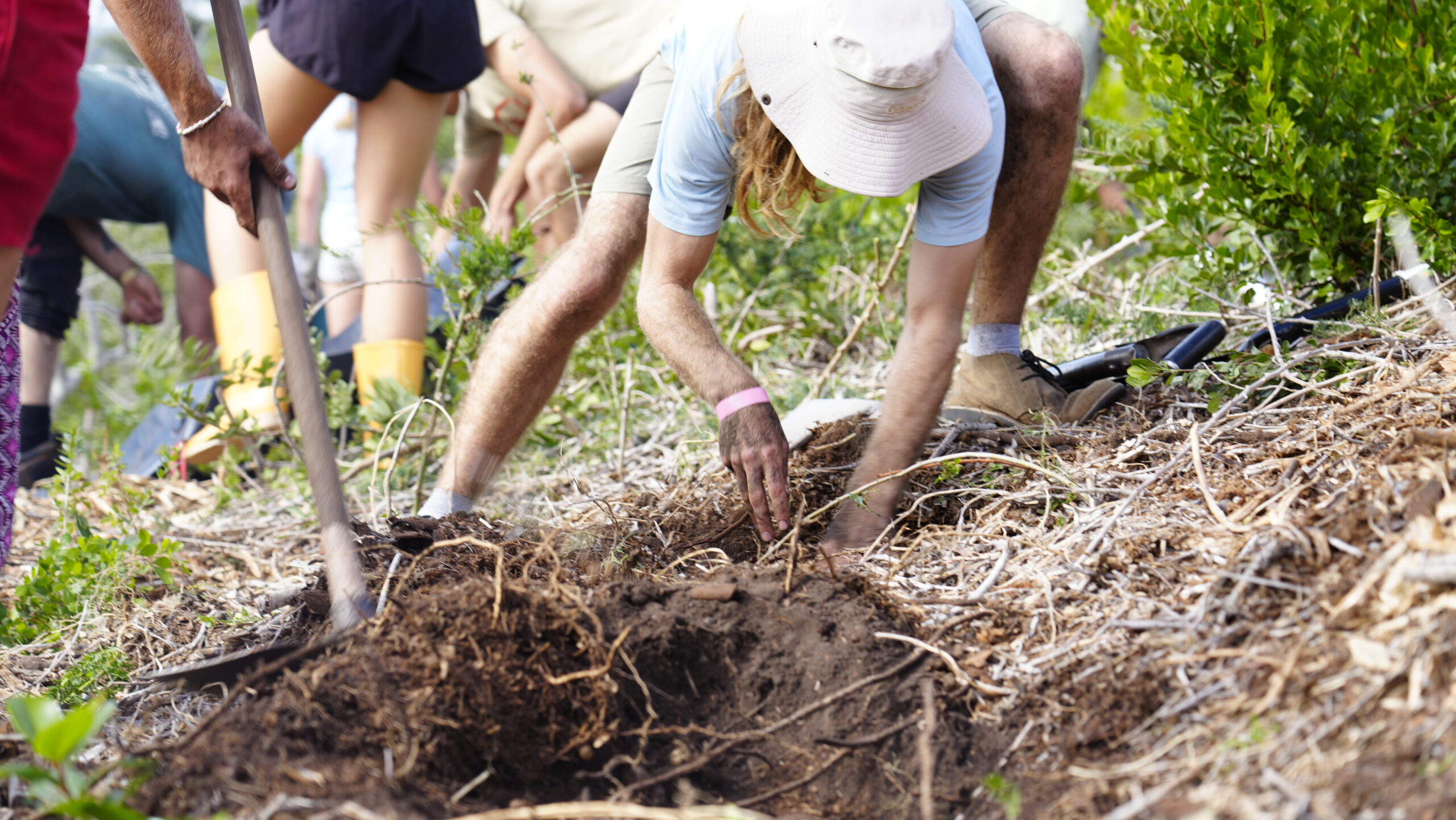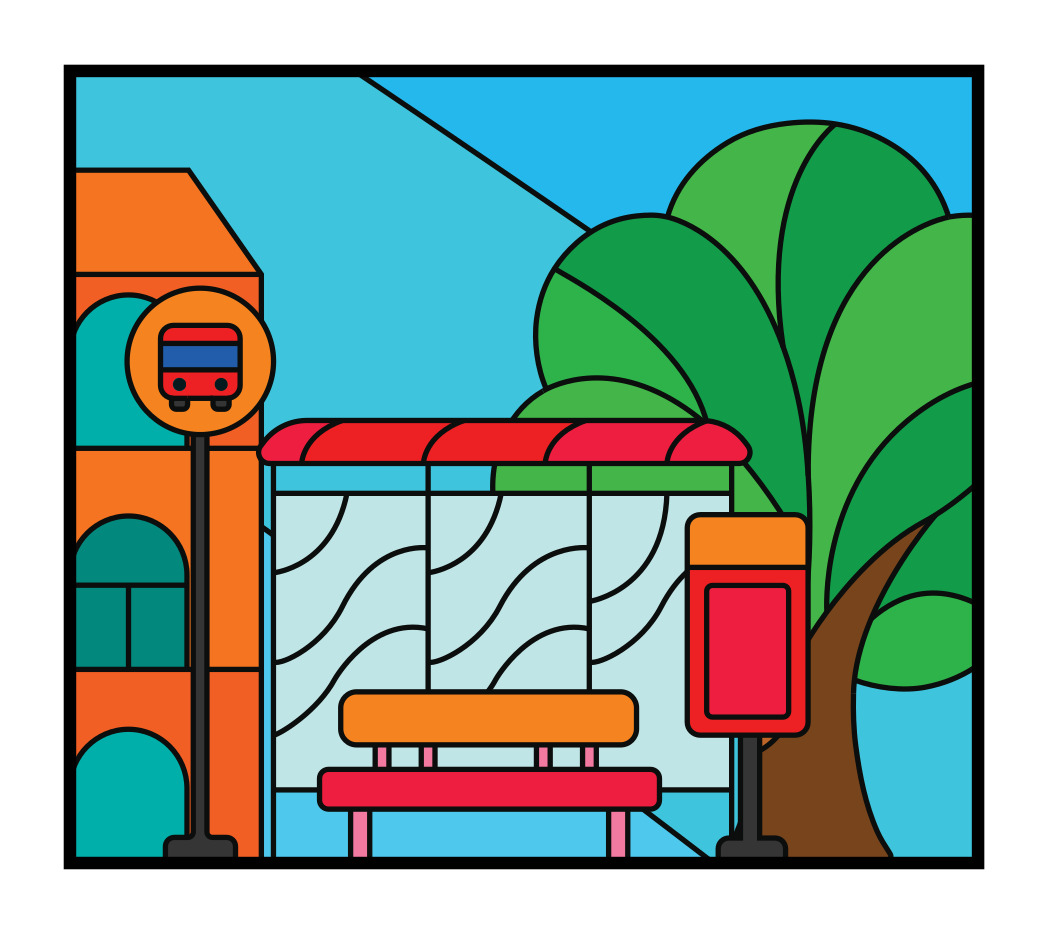International Symposium on Miyawaki Forests
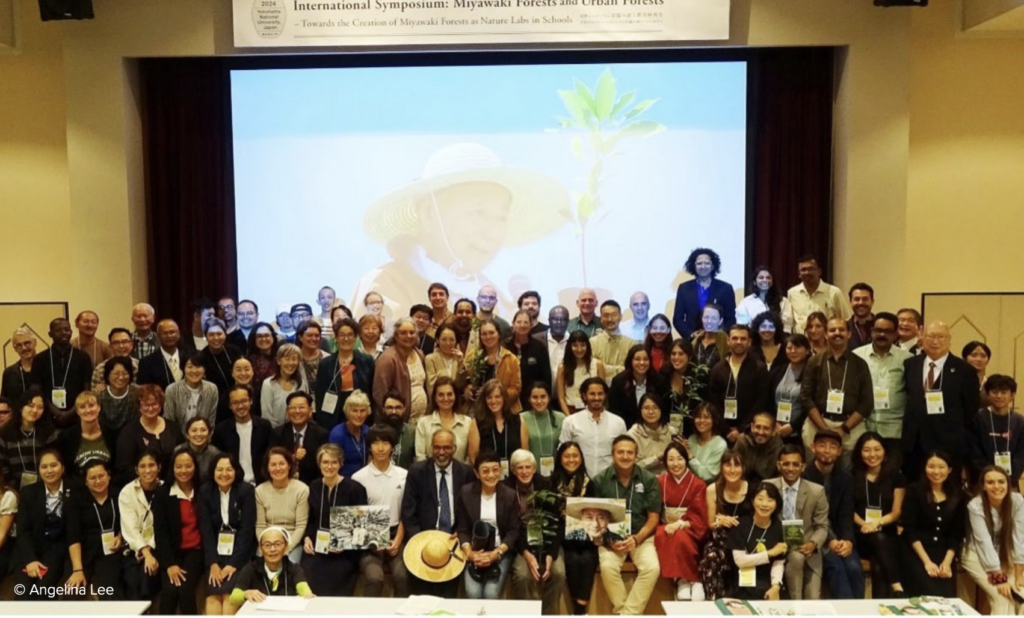
Photo credit: Angelina Lee
A five-day international symposium on Miyawaki and urban forests, titled “Towards the Creation of Miyawaki Forests as Nature Labs in Schools,” was held in Yokohama, Japan. Organized by the UNCCD’s G20 Global Land Initiative, in collaboration with the MORINO Project and Yokohama National University, the symposium brought together a diverse group of stakeholders from the fields of ecological restoration and education, united by their passion for Miyawaki forests.
With 150 participants from 29 countries, the symposium explored the potential of Miyawaki forests as a contemporary solution for combating land degradation and promoting biodiversity regeneration. Case studies from around the world were presented, underscoring the global relevance and applicability of this approach.
The symposium included presentations and discussions by Miyawaki practitioners and researchers, as well as a seedling production workshop and tree-planting ceremonies. It served as a platform to showcase Miyawaki forests from various countries and highlight their positive impact. The event also functioned as a knowledge-sharing hub, offering practical insights into the Miyawaki method for participants, including students, researchers, and seasoned experts.
Notable attendees included Kazue Fujiwara, primary disciple of Professor Akira Miyawaki; Elgene Box, co-author of The Healing Power of Forests with Professor Miyawaki; Muralee Thummarukudy, Director of UNCCD; Shubhendu Sharma, founder of Afforestt; Nishino Fumitaka, founder of Satoyama Zero Base; Hannah Lewis, author of Mini-Forest Revolution; and Kawashita Toshiko, CEO of Silva.
Akira Miyawaki, a renowned botanist, made a global impact through his research in forestry and ecological restoration. His efforts to protect nature and improve people’s lives led to the development of the Miyawaki forestation technique, resulting in the creation of over 2,900 forests worldwide. This symposium, held in his honor, brought together his direct disciples and volunteers who had worked alongside him to create forests in Japan, along with many others dedicated to carrying forward his legacy.
The symposium brought global attention to the G20 Global Land Initiative’s goal of reducing land degradation by 50% by 2040, highlighting the significant potential benefits for both the global economy and ecology. Young entrepreneurs were encouraged to recognize the vast opportunities within the land restoration field worldwide, supported by the UN through grants available for small, medium, and large projects.
The symposium concluded with the formation of the Yokohama Declaration on Miyawaki Forests, under the guidance of the UNCCD and the Morino Project. This declaration recognizes Miyawaki forests as critical global solutions for combating land degradation and initiates the creation of a global Miyawaki Forest Practitioners Network to facilitate the exchange of information, promote Miyawaki forests, and support the development of relevant policies and guidelines. Organizations such as the Petit Forest Network, the UN Decade for Ecosystem Restoration, and the Society for Ecological Restoration will collaborate in this mission.
The declaration places special emphasis on honoring the life and vision of Professor Miyawaki by establishing Miyawaki chairs at universities and offering fellowships. Funding will be allocated to support research on Miyawaki forests and the creation of research units dedicated to studying and teaching Miyawaki methods. The declaration also serves as a platform to recognize global leaders in land restoration through Miyawaki methods, with annual awards established to honor significant contributions.
Another key aspect of the declaration is the creation of Nature Labs in academic institutions, designed as living teaching laboratories to reconnect young minds with the natural environment. This initiative aims to strengthen the physical and spiritual connection humanity once shared with nature.
The symposium serves not only as a single event but as the beginning of many future gatherings focused on studying and spreading sustainable practices, such as Miyawaki methods, to rebuild nature and land. The Yokohama Declaration symbolizes the commitment of individuals to face the challenges of our time and ensure the survival and harmony of future generations.


